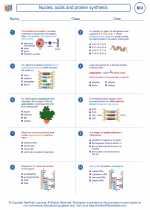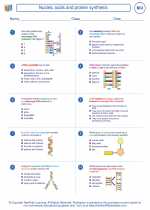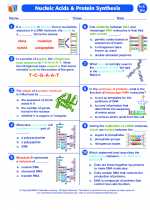Hardness in Biology
Hardness is a characteristic of materials that describes their resistance to deformation, scratching, or abrasion. In biology, hardness is often discussed in relation to the skeletal systems of animals and the structure of plant cells.
Hardness in Animal Skeletal Systems
Animal skeletal systems, particularly bones and shells, exhibit varying degrees of hardness. The hardness of these structures is primarily due to the presence of minerals such as calcium carbonate and calcium phosphate, which provide strength and rigidity.
Hardness in Plant Cells
Plant cells also have a degree of hardness due to the presence of cell walls composed of cellulose and other structural components. The rigidity of plant cell walls provides support and protection for the plant's overall structure.
Factors Affecting Hardness
The hardness of biological materials can be influenced by several factors, including genetics, environmental conditions, and diet. For example, the availability of minerals in an animal's diet can impact the hardness of its skeletal system.
Importance of Hardness in Biology
Understanding hardness in biological materials is essential for studying the biomechanics of animal movement, the strength of plant structures, and the overall resilience of living organisms.
Study Guide
When studying hardness in biology, consider the following key points:
- Identify the major minerals responsible for hardness in animal skeletal systems and plant cell walls.
- Discuss the role of genetics and environmental factors in determining the hardness of biological materials.
- Explore the relationship between hardness and the mechanical properties of biological structures.
[Hardness] Related Worksheets and Study Guides:
.◂Biology Worksheets and Study Guides High School. Nucleic acids and protein synthesis

 Worksheet/Answer key
Worksheet/Answer key
 Worksheet/Answer key
Worksheet/Answer key
 Worksheet/Answer key
Worksheet/Answer key
 Vocabulary/Answer key
Vocabulary/Answer key
 Vocabulary/Answer key
Vocabulary/Answer key
 Vocabulary/Answer key
Vocabulary/Answer key
